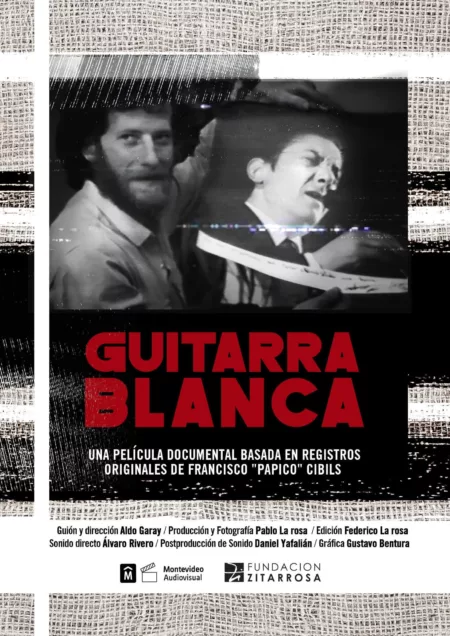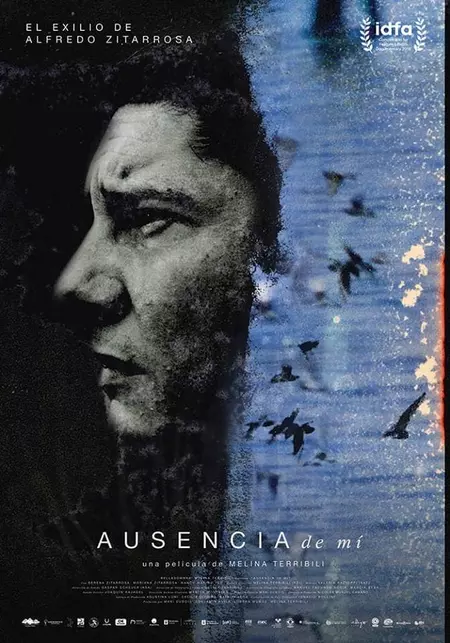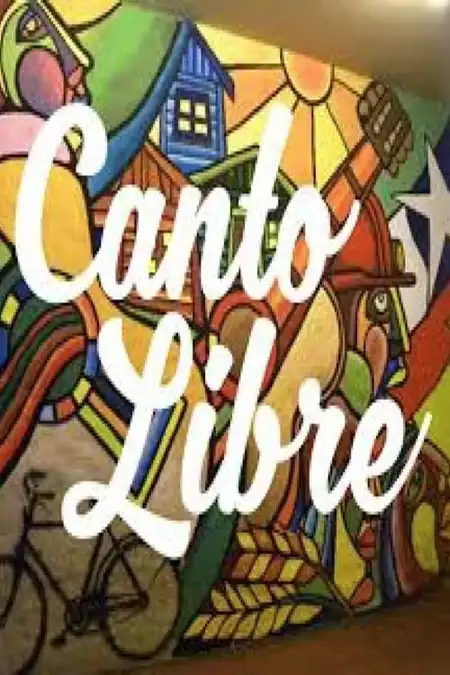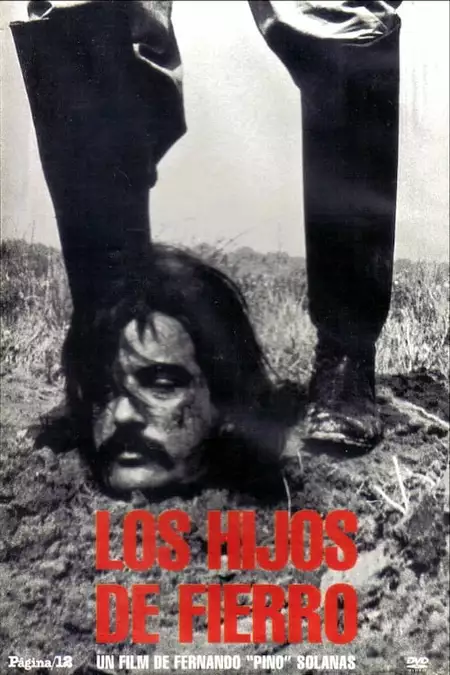Biography
(No Information)
Filmography
all 4
Movies 4
self 1
ArchiveFootage

White Guitar (2022)
Movie
Information
Known ForSound
GenderMale
Birthday1936-03-10
Deathday1989-01-17 (52 years old)
Birth PlaceMontevideo, Uruguay
CitizenshipsUruguay
This article uses material from Wikipedia.
Last updated:
 Alfredo Zitarrosa
Alfredo Zitarrosa- Filmography
- Information


